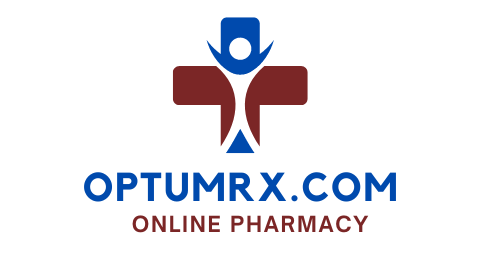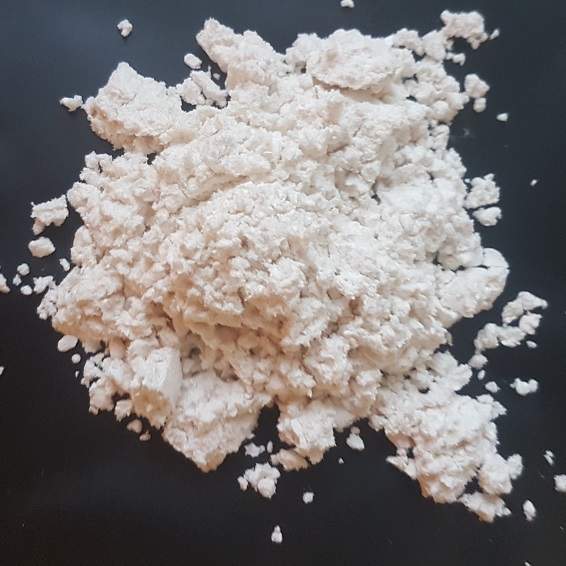Description
Mephtetramine (MTTA)
Introduction
Mephtetramine, also known as methyltryptamine (MTTA), is a hallucinogenic and stimulant drug that belongs to the tryptamine class. It is structurally similar to amphetamines and produces similar effects, including increased heart rate, blood pressure, and body temperature. Mephtetramine is typically synthesized from tryptamine derivatives and is often abused as a recreational drug.
Chemistry
Mephtetramine is a synthetic compound that consists of a methyl group attached to the indole ring of tryptamine. The specific chemical structure of mephtetramine is given below:
Methyltryptamine Structure
Pharmacology
Mephtetramine exerts its effects by activating the serotonin receptors in the brain, specifically the 5-HT2A receptors. This activation leads to an increase in the release of neurotransmitters such as serotonin and dopamine, resulting in altered perception, hallucinations, and enhanced mood.
Effects
The subjective effects of mephtetramine can vary depending on individual factors such as dosage, tolerance, and individual susceptibility. Common effects include:
– Increased heart rate and blood pressure: Mephtetramine can cause a significant increase in heart rate and blood pressure, leading to an increased risk of cardiovascular complications.
– Increased body temperature: Mephtetramine can cause hyperthermia, leading to a potentially dangerous increase in body temperature.
– Visual hallucinations: Users may experience vivid and distorted perceptions of colors, shapes, and objects.
– Distortions of time: Mephtetramine can alter the perception of time, making time seem to pass more slowly or quickly.
– Increased alertness: Mephtetramine can increase alertness and energy, leading to feelings of euphoria and increased focus.
– Reduced appetite: Mephtetramine can cause loss of appetite and weight loss, especially in higher doses.
Toxicity
The toxicity of mephtetramine has not been extensively studied, but recreational use can result in severe adverse effects. In some individuals, mephtetramine can cause feelings of panic, anxiety, and paranoia, especially in higher doses. Overdosing on mephtetramine can lead to serotonin syndrome, a state of excessive serotonin activity in the brain, which can be life-threatening.
Legal Status
Mephtetramine is a Schedule I controlled substance in many countries, including the United States. This means that it is illegal to manufacture, possess, distribute, or use this substance for any non-medical purpose. Strict penalties, including fines and imprisonment, may be imposed on individuals who violate these laws.
Conclusion
Mephtetramine is a hallucinogenic and stimulant drug that belongs to the tryptamine class. It produces a range of effects, including visual hallucinations, distortions of time, and increased heart rate and blood pressure. However, its abuse and potential toxicity make it a controlled substance in many countries. It is important to note that the information presented in this document is for informational purposes only and should not be used as a substitute for professional medical advice.






Reviews
There are no reviews yet.